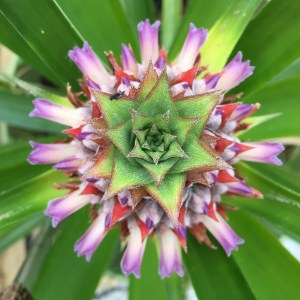
Earlier this month, I had the privilege of acting as a juror for the Scholastic Art and Writing Award. In my reading of the dozens and dozens of phenomenal short stories and essays produced by students across the country, I came across an unfamiliar word: etiolated. Not only, then, did I have the pleasure of reading so many thought-provoking, hope-inspiring stories and essays–but I also learned a new word.
“Etiolated” falls in the bottom 40% of word popularity, and, according to Merriam-Webster, is basically an old-fashioned term for “blanched,” as in blanching vegetables (deliberately growing them to be pale by depriving them of light). Figuratively, the word can be applied to people who are weak, pale, or ill.
Dictionary.com provides some examples of “etiolated” used in various works of literature, reproduced below.
- His voice was hollow, etiolated like a flower grown in darkness. — The Jewels of Aptor, Samuel R. Delany
- And he had a kind of sickness very repulsive to a sensitive girl, something cunning and etiolated and degenerate. — The Rainbow, D. H. (David Herbert) Lawrence
- Pauline surrendered, and they went across the etiolated lawn toward the entrance. — Guy and Pauline, Compton Mackenzie
Now, go forth! You have been linguistically empowered!
Recent Words of the Week: